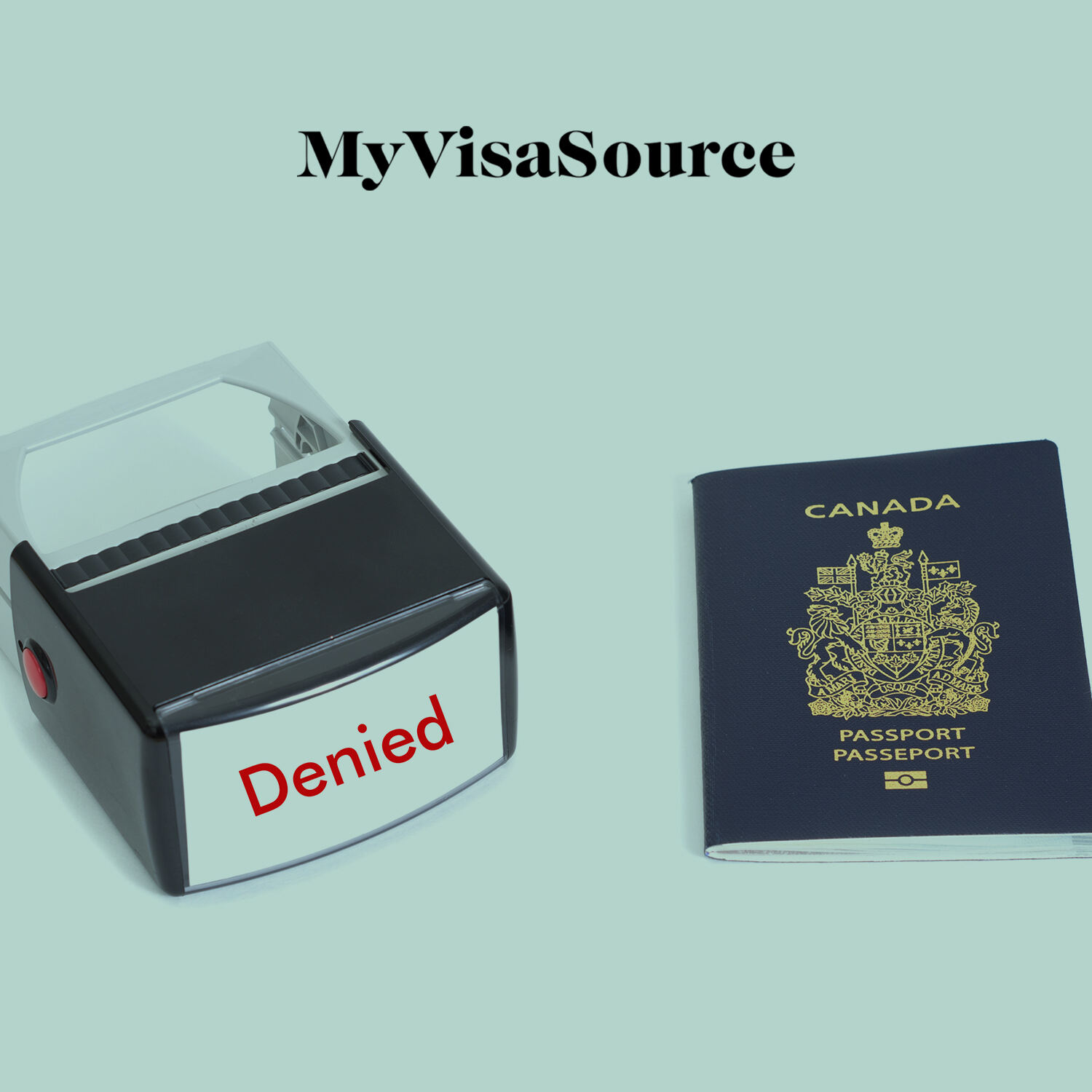If your application is refused by Immigration, Refugees, and Citizenship Canada (IRCC), you will receive a refusal letter. However, oftentimes, the refusal letter hardly explains the reasons why your application was refused. According to a special report by the Information Commissioner of Canada, visa applicants are generally unable to gather information about their visa application. This includes applications for both temporary and permanent residence programs, for example, study permits, work permits, visitor visas, and Canadian immigration refusals of applications.
What Is Included in the Refusal Letters?
Generally, these refusal letters are very vague and hardly ever provide a clear-cut reason for the refusal of the application. For temporary visa programs, refusal letters usually include generic information stating the applicant’s inability to meet the eligibility requirements. It may contain a list of all possible reasons, for example, lack of funds, previous travel record, the intention of visit, etc.
For immigration applications, it is the same. The refusal letter includes a generic statement on the applicant’s ineligible status. There might even be 2-3 sentence paragraphs explaining the reason. Sometimes, if the immigration officer has concerns about certain information or documents provided by the applicant, then they send a procedural fairness letter to allow the applicant to respond. If you went through this process, then your refusal letter may include a short statement on how the additional information failed to absolve the visa officer’s concern.
In any case, refusal letters do not include detailed reasons for the rejection of your application. These reasons may require more than a page of reasoning from the IRCC instead of a few short sentences. Therefore, it is not shared with the applicants.



















